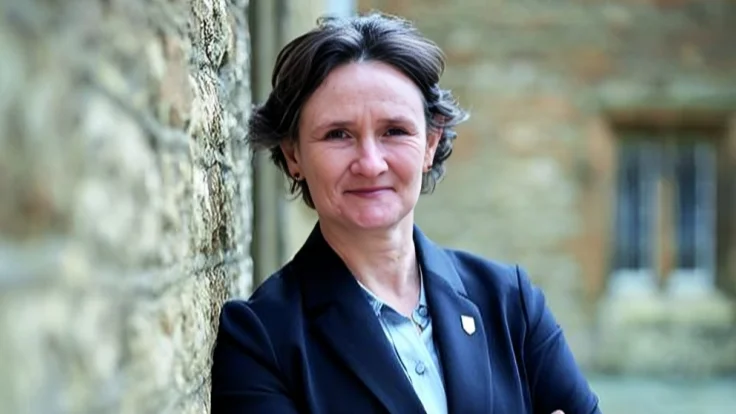A recent study published in Public Health has explored the link between poverty, loneliness, and a specific set of physical and emotional symptoms. The research, conducted by a team led by Dr. Arran Davis from Oxford's School of Anthropology and Museum Ethnography, analyzed survey responses from over 24,000 individuals across 20 European countries.
The study found that nearly half (49%) of those in the lowest income group reported feeling lonely in the previous week compared to just 15% in the highest income group. This was despite similar levels of social interaction among different income groups.
Dr. Arran Davis noted: "The relationship between poverty and poor health is well established, and previous research suggests that loneliness may be as bad for you as smoking. Our study shows that for people who are both on low incomes and lonely the health costs are particularly marked. I hope this study inspires more research into the factors that lead people to feel socially disconnected and to the development of policies that support strong communities in socioeconomically disadvantaged areas."
The researchers focused on a "defensive symptom cluster" characterized by pain, fatigue, and low mood. They suggest these symptoms may be an evolved biological response to perceived threats or scarcity in one's environment.
Key findings indicated that lonely individuals generally had higher symptom scores than their non-lonely counterparts. For those with lower incomes, this difference was even more pronounced. Specifically, 30% of lonely individuals in the lowest income decile reported high symptom scores compared to only 2% among non-lonely individuals in the highest income group.
These patterns persisted even after adjusting for factors like marital status and living arrangements. The findings underscore the importance of supportive social relationships as a buffer against economic hardship's negative effects.
The study concludes that while loneliness affects health outcomes across all income levels, its impact is most severe for those living in poverty. Strong social connections might mitigate some health consequences associated with economic difficulties, highlighting loneliness as a critical component for public health interventions aimed at reducing health disparities.
###

